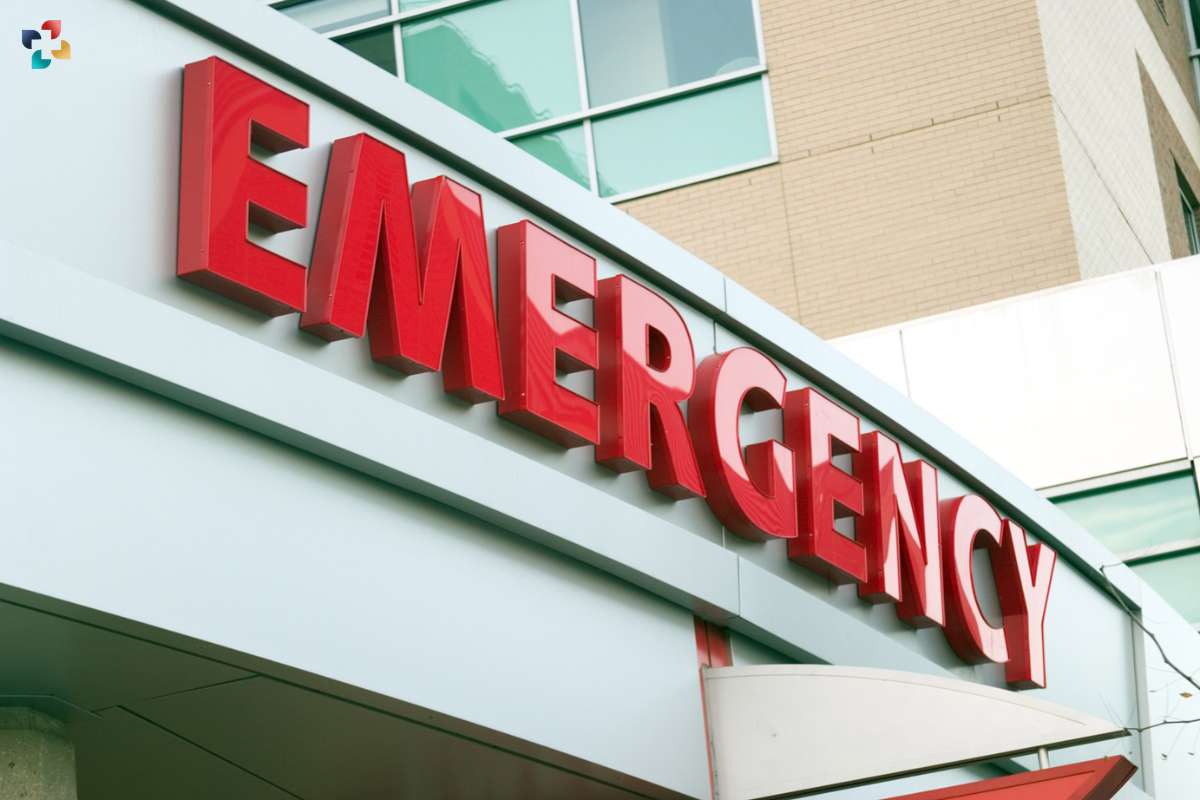An emergency can knock on your door at any given time. Imagine a given situation. You have a one-story house. You are coming down from the wet stairs. Just in the middle of the ground floor, you slip on the stairs as they were wet. You’ve twisted your ankle and are in need to call a doctor. If any family member is there at your place to help you get care, then fine, but what if anyone isn’t there to help? We will guide you through the process of choosing where to get care in case of different types of injuries.
Here are Step-by-Step Guide to Choosing Where to Get Care:
1. How to identify an emergency?
An emergency is a circumstance wherein you have an unforeseen accident, any type of harm, or any accident that is near death. All these can be identified as emergencies and you may need to be carried to the emergency room (ER). Be aware of those emergencies and accordingly take action. For your information and to be able to get care in an adequate amount, here is a dropdown of some emergencies that can prove life-threatening too:

- Stroke
- Severe burns
- Convulsions
- Heart attack
- Unconsciousness
- Severe Bleeding
- Injuries due to a gunshot or knife.
If suffering from cardiac issues do not take the risk of driving yourself, get care from someone and get another person to drive for you.
2. How to handle a non-emergency situation?
Try to analyze the symptoms you are going through and accordingly find the best place to get care. Even if not a life-endangering situation, you will need some medicines and not be like that without any medications. Once aware that it isn’t a deathly situation, you still need to get care for the situation to not worsen further.
Visit a doctor within the next 24 hours of the mishap. This will help you get care immediately, and prevent you from not getting deteriorated health-wise. Make an informed decision of visiting the doctor as soon as possible. Due to the wounds, cuts, or bruises, some infections will be prevailing around the wound. If water is available nearby, wash the wound thoroughly, and keep it clean and dry till you visit the doctor.
To get care, apply some anti-septic or anti-bacterial ointments like Dettol if the doctor isn’t nearby, or at a distance. Also, make sure to keep the wound dry and out of any type of moisture. Flies or other pests can get around the wound causing it to worsen, till the time you visit the doctor for further treatment. Keep them away as carry germs that will get to the wound if they keep hovering over it.
3. What is the importance of a primary care doctor?
Managing your health better while making no mistakes is what the primary care doctor guides you for. In any given medical situation, they are the first ones when you need to get care. Keeping a single doctor of such sort, and maintaining a good relationship with him, will help you in getting good treatment. For many years, you’re attached to the same doctor, he/she knows your case history by heart already. So, there is no problem with you being a new patient to him/her.

These doctors help you analyze the upcoming potential problems beforehand, as they know your health. The possibilities of what health hazards can take place in your case are the points you will be told by them. It helps you get relieved from any potential health hazards as the doctor has informed you. Get information about how it can be treated, and what necessary steps you need to take to control the situation from worsening.
Here is a dropdown of how the doctor will help you:
- Make sure that you have completed all the vaccines at appropriate ages.
- Recommends some screenings if he/she feels the need. To be on the safer side, it is better to do as the doctor instructs.
- Also, gives treatment in any non-emergency situations.
- Handle some chronic conditions like diabetes, depression, and cardiac issues.
- Can guide to a specialist doctor if need be.
- Guide you to make better decisions regarding health.
- Solve any health-related issues or doubts you must be having.
4. Is it necessary to go to an emergency care center?
Once aware that the situation isn’t a life-threatening one, you still need to visit the emergency care center. The infections caused due to bruises and wounds can worsen and can cause the wound to pain and itch more. So, it’s better to visit the emergency care center. Sometimes, you need to go by booking an appointment, but you can also go as a walk-in patient too. As long as there is some available to attend to you and the symptoms can be treated in that hospital, you can go there for treatment purposes.

Listing down some common reasons and medical situations in which you should be going to an emergency room:
- COVID tests.
- Cold and flu-like symptoms
- Allergic reactions
- Sinus infections
- Sore throats
- Pink eye
- Stitches from a cut
5. Vaccine for flu and Covid 19:
Flu is a condition where if it gets severe, it can also cause death. Most of the time, it isn’t the case, but you cannot underestimate it. According to medical experts, everyone who is elder than 6 months of age should get a flu vaccine shot annually.
Also, it is suggested that the Covid 19 vaccines are safe and anyone can have it who is over 5 years of age. It is proven that individuals who have taken the vaccine, have not suffered from life-threatening situations.
Conclusion:
If you have read the article carefully, till now you must have realized the importance of emergency rooms and how to get care. God forbid if faced with any life-endangering situation, you must immediately visit your nearest emergency room. If in a new place, take the help of your smartphone in order to find the nearest emergency room. If you have a family doctor who can see you at that time, visit him for further treatment or advice. If they suggest any screenings, get them done. Do not take it lightly. Obey the instructions of the doctor and follow his/her advice.








